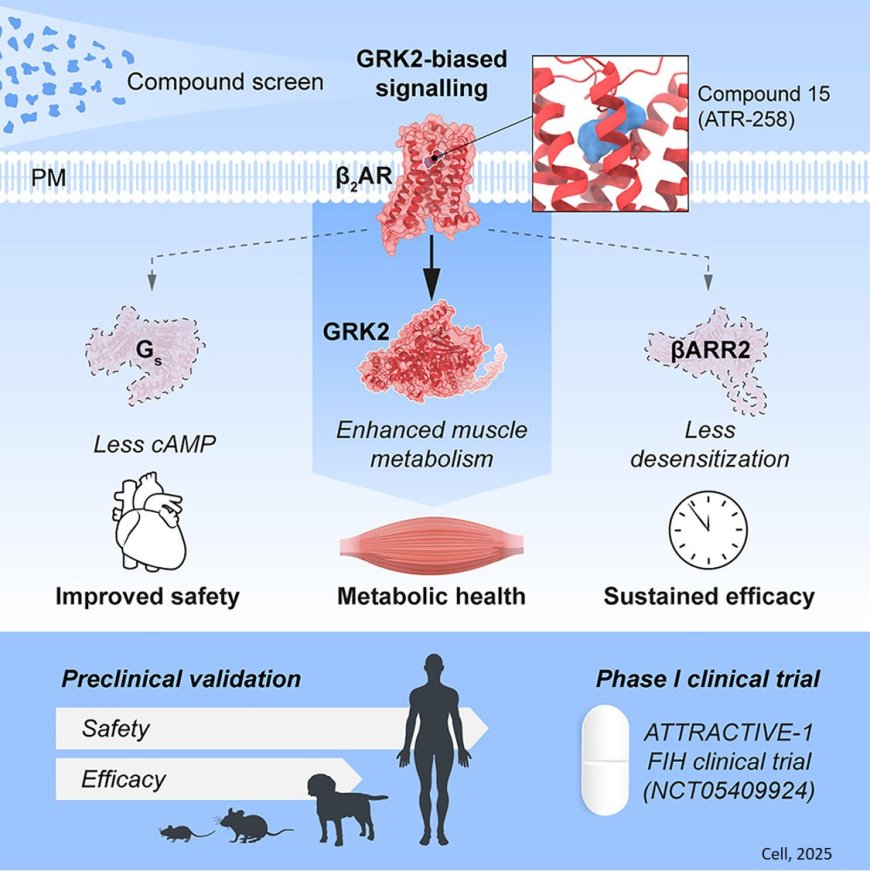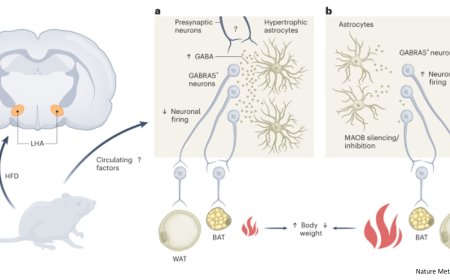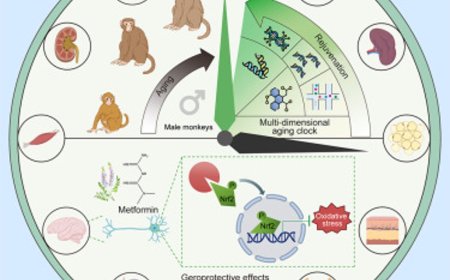GRK-biased adrenergic agonists for the treatment of type 2 diabetes and obesity

The new drug, which is taken in tablet form, has a completely different mechanism of action than the well-known GLP-1-based drugs, such as Ozempic, which is administered via injections. GLP-1 drugs affect hunger via signals between the gut and the brain, but often have side effects such as loss of appetite, reduced muscle mass, and gastrointestinal problems.
The new substance instead activates metabolism in skeletal muscle. In animal studies, the treatment has shown good effects on both blood sugar control and body composition, but without the side effects associated with today's GLP-1-based drugs.
An initial phase I clinical trial involving 48 healthy subjects and 25 people with type 2 diabetes shows that humans also tolerate the treatment well.
"Our results point to a future where we can improve metabolic health without losing muscle mass. Muscles are important in both type 2 diabetes and obesity, and muscle mass is also directly correlated with life expectancy," says one of the researchers behind the study.
The drug substance is based on a molecule—a type of β2 agonist that the researchers have developed in a laboratory. The molecule can activate important signaling pathways in the body in a new way, which has a positive effect on the muscles without overstimulating the heart, which is a known problem with β2 agonists.
“This drug represents a completely new type of treatment and has the potential to be of great importance for patients with type 2 diabetes and obesity. Our substance appears to promote healthy weight loss and, in addition, patients do not have to take injections," says another researcher behind the study.
This new type of drug not only works on its own, but can also work in combination with GLP-1, thanks to their different mechanisms of action.
“This makes them valuable both as a stand-alone treatment and in combination with GLP-1 drugs,” says the author.
The next step is a larger, clinical phase II study planned by Atrogi AB, the company developing the treatment. The aim of the study is to see whether the same positive effects seen in preclinical models also occur in people with type 2 diabetes or obesity.













